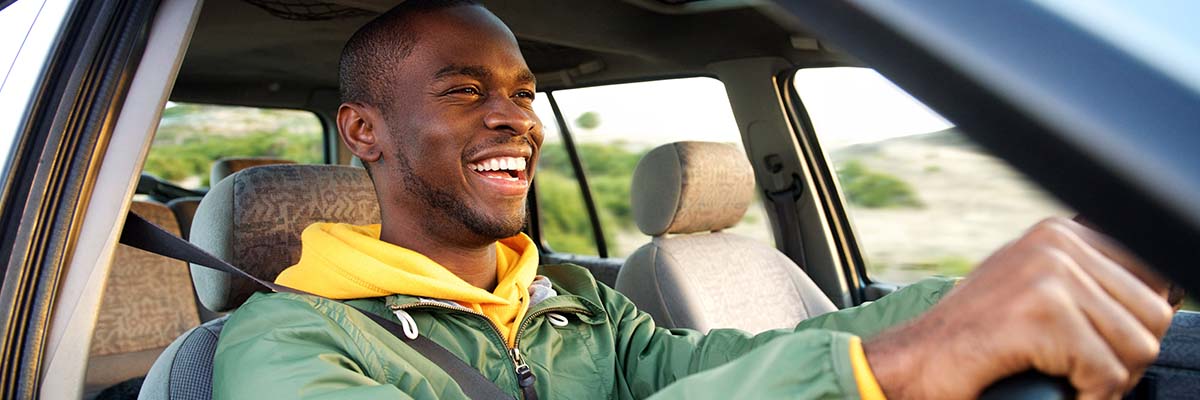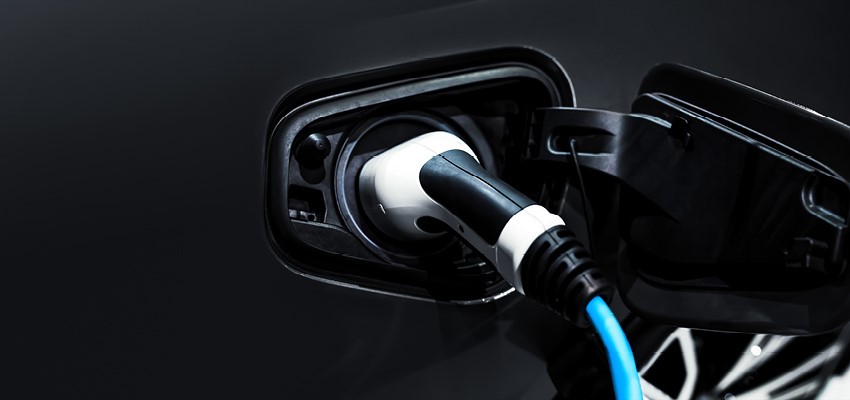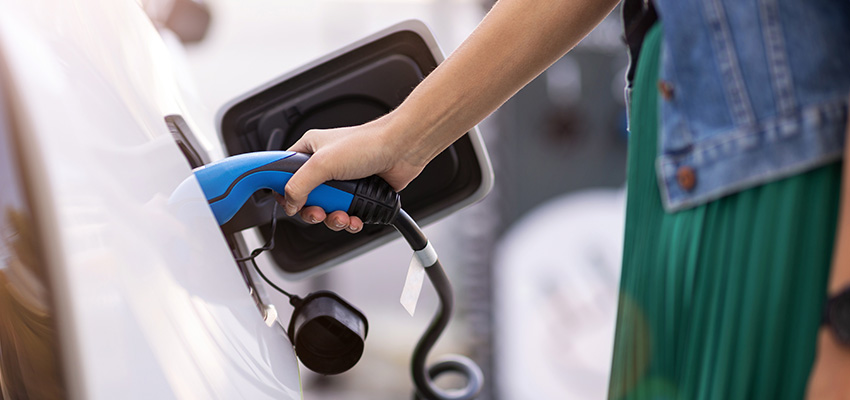
Everything you need to know before buying a car
Should I buy a new or used car?
It can be tricky choosing between a new and a used car. But knowing the pros and cons of each makes the decision a little easier.
One of the greatest benefits of buying a new car is that you can spec it exactly as you want it. The colour, accessories and wheels are all your choice. A newly registered car also means a new manufacturer warranty, so you’ll have the advantage of its full coverage should anything go wrong. That said, you’re also likely to pay a higher price and even a higher insurance premium.
Buying a used car, you’re almost guaranteed to pay a lower price. However, there’s more chance of having to shell out for maintenance issues, not to mention MOT tests. Another downside is the manufacturer warranty may have expired or been reduced by the time you buy the car.
What documents should I get when buying a used car?
When buying a used car, you should make sure you receive the following important documents:
V5C logbook
The logbook tells DVLA the car has a new owner. Make sure the seller fills in the relevant section of the registration document showing proof of the sale and hands you the green ‘new keeper’ slip.
Service history
You should be given the service book and receipts as proof of regular maintenance and confirmation of the car’s mileage.
MOT certificate history
This certificate proves that the vehicle is roadworthy and meets environmental standards.
Repairs and parts receipts
Any invoices for car repairs or part replacements that the seller can provide could be helpful for future car maintenance.
Remaining manufacturer warranty
If the car is still under warranty, ensure the seller provides you with the documentation needed for its transferal to your name.
Car owner's handbook
This contains essential information about the car like tyre pressure specifications, fluid levels and similar maintenance requirements.
How to check a car before buying
Don’t rush to sign on the dotted line. Give yourself time to carry out the following car checks first:
- Examine the car’s interior and exterior for any undisclosed damage
- Inspect the tyres for uneven wear and tear as this could indicate a larger issue
- Test drive the car and look out for any unusual noises, vibrations, smells, and be sure to test the brakes too
- Check the mileage on the car is the same as the mileage in the service history
- Consider getting the car vetted by an automotive company. The extra fee could be worth the money if it means preventing unexpected expenses in the future
- Check the MOT and match the VIN in the logbook document to the number on the chassis or windows
How to finance a car purchase
Taking out a personal car loan allows you to buy the car outright and can help you spread the cost of the purchase.
For example, say you wanted to spread the cost of a £20,000 car over 60 months. Assuming the APR is 6.2% and the interest rate is 6.2%, your monthly repayment would be £386.93 for a total payment amount of £23,215.80.
Personal Loan representative example:
Borrowing £20,000 over 60 months. Monthly repayment £386.93. Total amount payable £23,215.80 Representative 6.2% APR. Interest rate of 6.2% p.a. (fixed).
Apply for a personal car loan with M&S Bank today.
Updated March 2024


